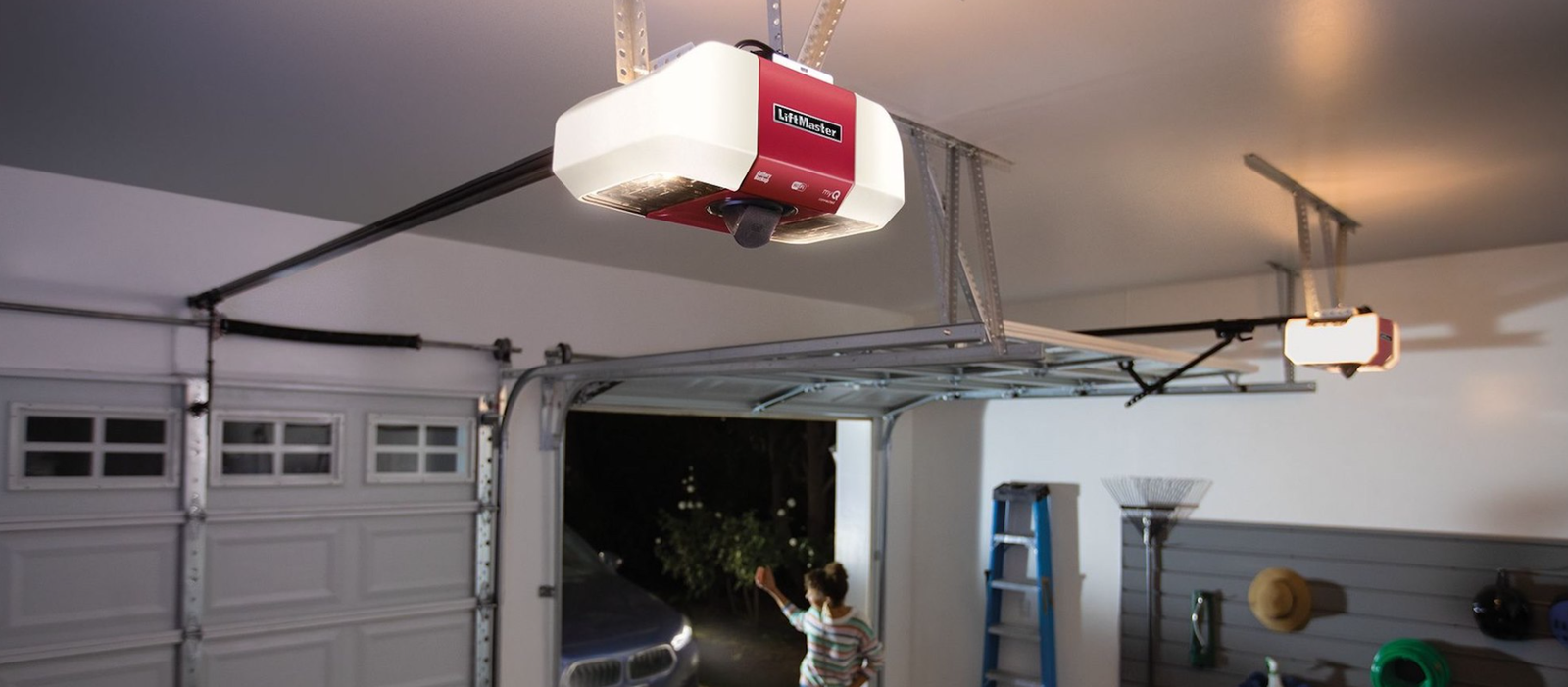Garage Door Opener 101: Choosing, Maintaining, and Upgrading
- Commercial Garage Door Repair
- Garage Door Opener Installation
- Garage Door Spring Repair
- Same Day Garage Door Repair
- Custom Garage Doors
- Garage Door Opener Repair
- Garage Door Track Repair
- Gate Repair
- Garage Door Cable Repair
- Garage Door Panel Repair
- Local Garage Door Repair
- Garage Door Replacement
- Noisy Garage Door Fix
- Garage Door Installation
- Garage Door Section Replacement
- Overhead Garage Door Repair

Garage Door Opener 101: Choosing, Maintaining, and Upgrading
Your garage door opener might not be the first thing you think of when it comes to maintaining your home, but it’s one of the most important. A reliable opener not only ensures convenient access but also strengthens your home’s security. Whether you’re considering garage door opener installation or maintaining an existing one, understanding the basics is key for new homeowners and seasoned ones alike to keep your home safe and functional.
What Exactly Is a Garage Door Opener?
A opener is a motorized device that automates the opening and closing of garage doors. Sounds simple, right? But with so many options out there, choosing the right one can get tricky.
Types of Openers
- Chain-Drive Openers
Affordable and powerful, these use a metal chain to lift the door. However, they’re the noisiest of the bunch, making them best for detached garages.
- Belt-Drive Openers
These use a rubber belt instead of a chain, offering quieter operation. A great option for those with attached garages.
- Screw-Drive Openers
These openers use a threaded steel rod to operate. They are durable and require less maintenance but can be noisier than belt drives.
- Direct-Drive Openers
The quietest of them all, direct-drive openers have only one moving part—the motor itself. They are reliable but may cost a bit more.
What Does a Garage Door Opener Include?
Here are the key components of most garage door openers you might come across:
- Motor – Powers the system.
- Rail – Guides the trolley in raising or lowering the door.
- Trolley – Connects the motor to the door.
- Safety Sensors – Prevents accidents by detecting obstacles under the door.
How to Choose the Best Garage Door Opener
Size and Weight of Your Door
If you have a heavier garage door, like one made of wood, you’ll need an opener with a stronger motor (preferably ¾ horsepower or more).
Noise Considerations
For homes with garage-adjacent bedrooms, quieter belt or direct-drive openers might be ideal.
Smart Features
Want to link your garage door to your smartphone? Modern smart garage door openers offer remote control and app integration for added convenience and security.
Safety First
Seek openers with automatic reversing systems and rolling code technology to prevent unauthorized access.
DIY or Pro Installation
If you’re tech-savvy, you might handle a DIY installation with clear instructions—but for something more complex, going with professional installation ensures proper setup and safety.
Maintaining and Troubleshooting Your Opener
Maintenance Tasks
- Lubricate the moving parts regularly. This reduces wear and tear.
- Inspect the components for any visible damage.
- Test safety sensors by placing an object beneath the door.
Common Fixes
- Opener Not Responding? Check the remote’s batteries or the power outlet.
- Door Reversing Immediately? The sensors might be misaligned—clean or adjust them.
- Noisy Operation? Tighten loose parts or apply lubricant to the door track.
Why You Should Consider an Upgrade
Signs you might need to upgrade include inconsistent performance, outdated features, or excessive noise. Upgrading to a smart garage door opener adds convenience, security, and peace of mind.
Whether you’re maintaining an old system or installing a new one, your garage door opener plays a vital role in your home’s efficiency and safety.
For professional assistance, contact Local Garage Door Repair Miami Gardens—we’re here to ensure your opener runs smoothly from day one.
